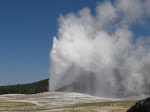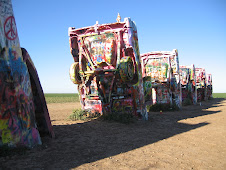I went on a journey to discover what Archiving is, only to learn that it is far more complicated and interesting than my preconceived notion. Archiving is more than a backup of information; it is a source of information. Yes, it is a backup, and backups are sources of information; however, an archive is legally the same as having the original. Archived materials can not be reproduced without permission. Intellectual property laws included archived materials. This can be as simple as keeping a copy of a manuscript on an external hard drive and in print, thus rendering the same, only not the same. They may be the same word for word, only one is on paper and the other requires an external device to view.
Archives also preserve the work for long time periods. Let’s face it, print versions do not last forever. Sometimes they get wet, or even burned in the case of Bradbury’s Fahrenheit 451. Whatever the case may be, having more than one format of a work, or at least more than one copy of it, can provide the work to others farther in the future.
While this small idea of mine is hardly the entirety of all archiving information, it is certainly a starting point.
Friday, March 28, 2008
Wednesday, March 26, 2008
Archives, Defined
Archive is one of the few words that is a noun and a verb. Actually, it is two different nouns: a place and a document.
According to the Oxford English Dictionary, archive means "a place in which public records or other important historic documents are kept. Now only in pl.; A historical record or document so preserved; To place or store in an archive" (OED, 2008, online).
Likewise, an archivist is "a keeper of archives" (OED, 2008, online).
Source: Oxford English Dictionary. (2008). Retrieved on March 26, 2008 from http://dictionary.oed.com.proxy.usf.edu/cgi/entry/50011586?query_type=word&query
word=archive&first=1&max_to_show=10&sort_type=alpha&result_place=1&search_id=F7sP
-wMELW1-16479&hilite=50011586
According to the Oxford English Dictionary, archive means "a place in which public records or other important historic documents are kept. Now only in pl.; A historical record or document so preserved; To place or store in an archive" (OED, 2008, online).
Likewise, an archivist is "a keeper of archives" (OED, 2008, online).
Source: Oxford English Dictionary. (2008). Retrieved on March 26, 2008 from http://dictionary.oed.com.proxy.usf.edu/cgi/entry/50011586?query_type=word&query
word=archive&first=1&max_to_show=10&sort_type=alpha&result_place=1&search_id=F7sP
-wMELW1-16479&hilite=50011586
Subscribe to:
Posts (Atom)




